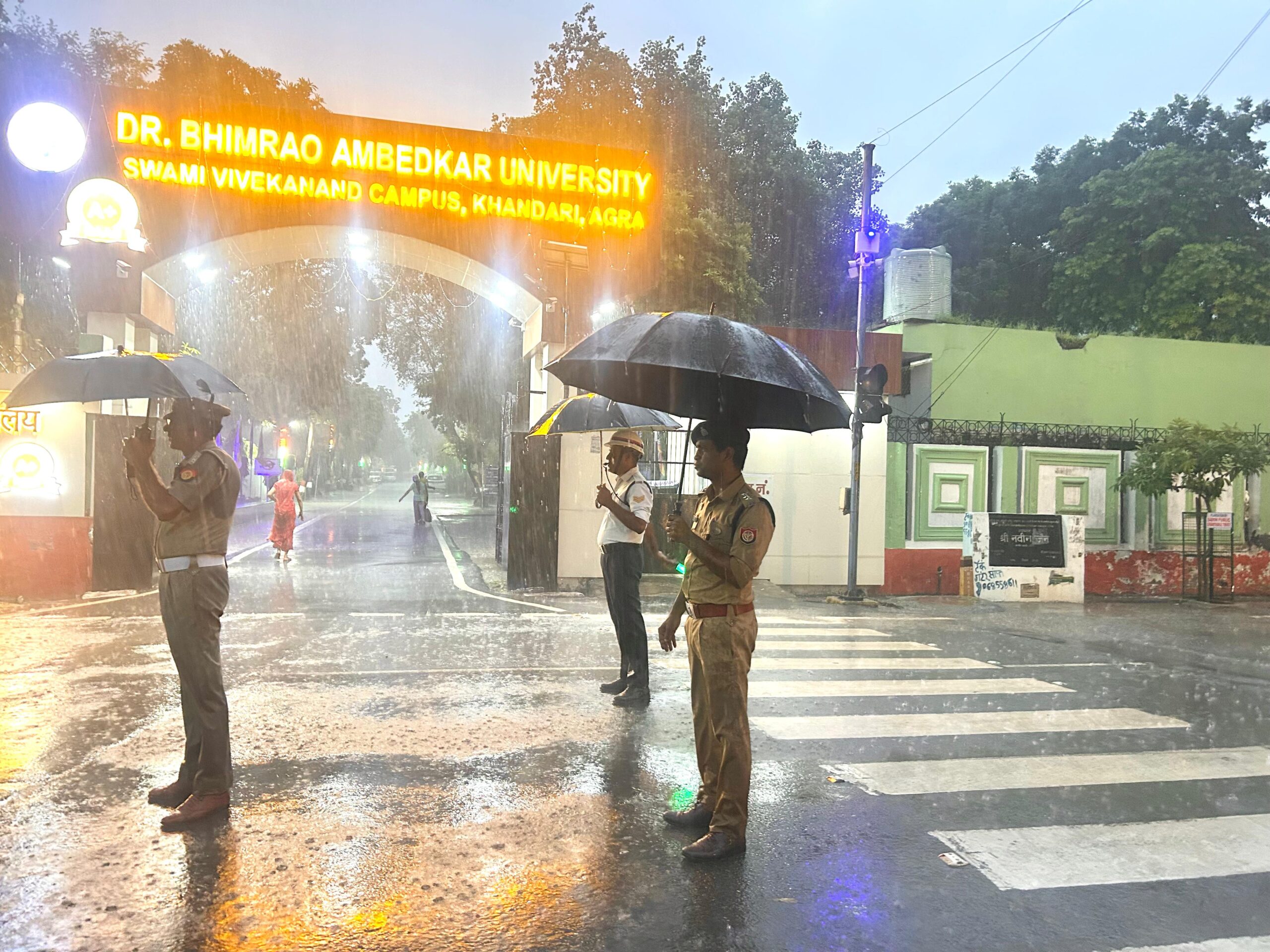NV Newsdesk/UP/Prayagraj
Prayagraj- Creating an enabling social environment and strengthening programmatic actions related to information and services can go a long way in improving sexual and reproductive health outcomes, a new study has said. The UDAYA (Understanding the lives of adolescents and young adults) study – conducted on a cohort of more than 10,000 adolescents aged 10–19 years in Uttar Pradesh in 2015–16 and again in 2018-19—has recommended delaying age at marriage, improving retention of girls in higher education along with providing adolescents with information in schools and facilities about contraceptive methods and formalizing and monitoring the outreach of frontline health workers to unmarried and married adolescents and building their competency to effectively communicate with young people were some of the measures that can be taken to improve the sexual and reproductive health of adolescents.

It is equally important, the study says to widen the sources through which young people can access contraceptives and enhancing communication with young couples and their families about young women’s contraceptive needs and their rights and choices at facilities, village health and nutrition days (VHNDs), and other community platforms. Findings from UDAYA over a 3-year period from 2015-16 to 2018-19 show the changing nature of reproductive health risks, contraceptive knowledge and use, and the factors affecting contraceptive use in UP. The findings are based on the two survey rounds with younger girls and boys (10 – 14 years and unmarried in 2015-16), older girls and boys (15 – 19 years and unmarried in 2015-16) and older married girls (15 – 19 years in 2015-16).
Quality education and delaying marriage has a positive effect reproductive health of women
Dr. Niranjan Saggurti, Director, Population Council says that the findings of the UDAYA Study show that quality education at school and delaying marriage has a positive effect on family planning decisions and reproductive health of women. “It also shows that the reach of government programmes such as the Rashtriya Kishor Swathya Karyakram and interactions of frontline health workers with older unmarried or newly married adolescents is limited. In fact, the frontline health worker initial contact happens to married adolescents only during the delivery or after the first child is born. This leads to poor knowledge of family planning methods, and consequently early childbearing and high rates of pregnancy and child loss,’’ he says.

The study shows awareness of the Peer Educator (Sathiya) initiative under Rashtriya Kishore Swasthya Karyakram (RKSK) was very low in 2018-19 with just 2.6% unmarried (13-17-year-old) girls and 1% boys of the same age knowing about the programme. Just 12.5% unmarried girls received information from ASHAs on physical changes during adolescence, 0.3% on safe sex practices and STI/HIV/AIDS, and 3.3% on contraception. On the other hand, nearly 9% unmarried girls and 37% boys of the same age group reported engaging in premarital sex, and frontline health workers were less likely to meet married adolescents when they did not have any children, the study said.
Taking a serious note of the findings of the research, Additional Mission Director, National Health Mission, Dr Heeralal said the gaps identified in this research will have to be addressed. To achieve this, all people associated with the programmes will have to work harder.

According to Sujata Deb of Centre for Excellence, it is important to share information of sexual and reproductive health with adolescent girls and boys so that they not only understand issues related to physical growth but also the need for sexual health.

On the positive note, an increase in every one year of education helps young girls gain better communication skills and exposure to SRH programmes. Women who had reading ability and/or numeracy skills have fewer children, fewer pregnancies lost and better knowledge of contraception and institutional deliveries practice.
Unmarried girls in late adolescence who completed Grades 10 and above in 2015-16 scored high on decision-making, self-efficacy, mobility and gender egalitarian attitudes indices in 2018-19 – all factors that helped in delaying marriage, better knowledge of contraception and better spousal communication. Girls who had participated in adolescent programmes in 2015-16 scored high on mobility, self-efficacy and gender egalitarian attitudes indices in 2018-19. Married girls who had reported interactions with FLWs in 2015-16 scored high on decision-making, mobility, and gender egalitarian attitude.




